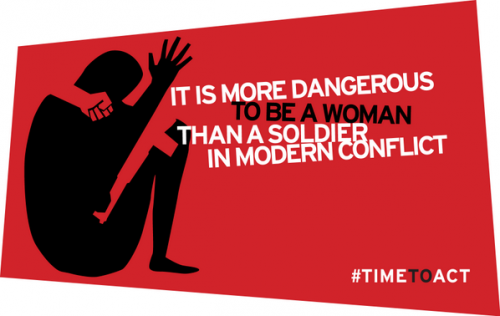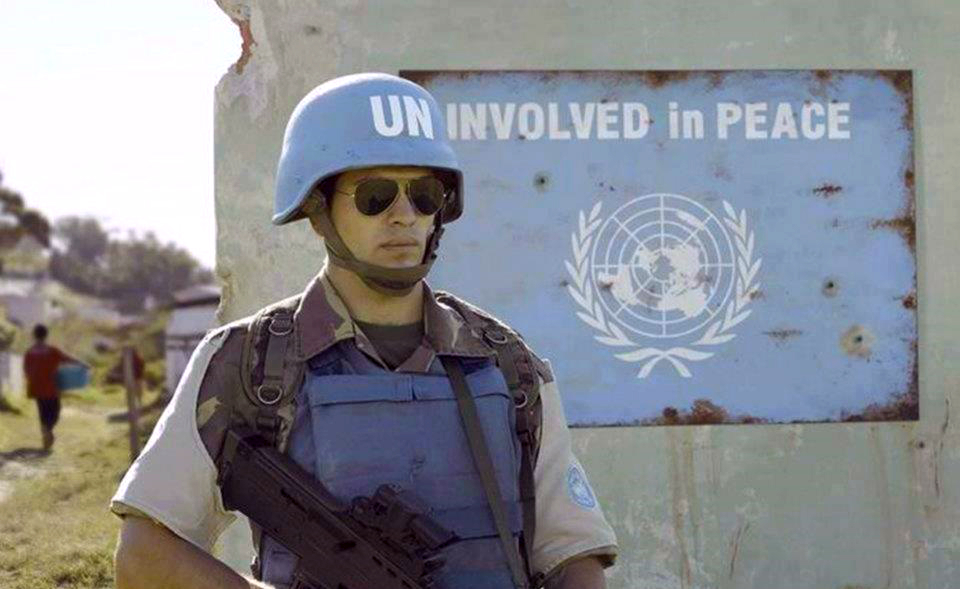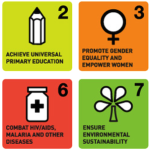Some people say that all is fair in love and war. These people must not know so much about love and even less about war. There are international conventions (Geneva Conventions) reinforced by the ICTY (and the ICTR) rulings in 1993, which in fact clearly outline the limits of permissible means of conducting war. Sexual violence is, for example, framed as completely unacceptable.


On the ground however, sex scandals at the hand of armed forces and peace keepers keep emerging. The Hindustan Times recently reported that The Indian Army is punishing two of its soldiers and is investigating a third, for sexual abuse and misconduct during UN peacekeeping missions in South Sudan and the Democratic Republic of Congo. The fact that action is being taken, is a positive sign. However, with the other 480 allegations of sexual violence during major UN African peace missions still pending, we must conclude that justice delayed, is justice denied.
The problem is that culturally, rape has been treated at best as “collateral damage”, and at worst as “a trophy of war”. As South African jurist and former United Nations High Commissioner for Human Rights, i (1998) once said: “From time immemorial, rape has been regarded as spoils of war.” So we must ask ourselves. Why do some see rape as an acceptable weapon in conflict? There are a few reasons which we can identify for such strategies.


First and most importantly, rape has become seen as an effective strategy for “overpowering” the enemy. It has been argued that rape is not so much about uncontrollable sexualities, but rather about the rapist’s feeling empowered, by limiting another person’s bodily sovereignty. This is especially true in spaces such as police and military units, where cultures of glorifying “hyper masculinity” are widespread and having the most power becomes a big deal.
Additionally, rape is frequent in conflict scenarios because it is often used as a method for “ethnic cleansing”. Consequentially women’s bodies become the main battlefield of different social groups trying to establish political dominance in a particular area. This battle is either fought to avoid new generations of a group to be born through forced abortion or sterilization (such was being done with the Gypsies in the Second World War); or for women to give birth to children from one’s own group. The logic here at play is that when women of one group are impregnated with “the seed” of the rival group, there is a symbolical conquering territory of the “enemy”. This only works in patriarchal societies, as the genetic contribution of the woman to reproduction needs to completely downplayed. Other reasons for the usage of rape as a weapon of war include humiliation, inflicting fear, confiscating property and gaining information.
All the above mentioned functions of rape as a political tool in war, only lead to success when there is a widespread rape culture. Rape culture means that there is the dominance of a certain set of ideas which normalize the use of sexual violence against some, as a result of certain societal attitudes towards gender and sexuality. Some of these ideas already become clear when we looked at the functions of sexual violence in war. One of them would be for example the idea that sexual bodies can be treated as “conquerable”. Another would be the idea that the women bring shame to their husbands or fathers when being raped.
To fight rape culture both in times of war and in times of peace, gender sensitization training is a useful tool. CSR has been conducting such training for police units (for example) in India for decades. Essentially, to have control over one’s own body, sexuality and reproduction, is a basic human right. And according to us, that is something worth fighting for.
Looking forward to reading your blogs, you can mail us your entries at WriteWithUs@csrindia.org, or upload them at Write With Us.
Donation for Centre for Social Research to Join our effort in rehabilitating Domestic Violence
Discuss this article on Facebook




